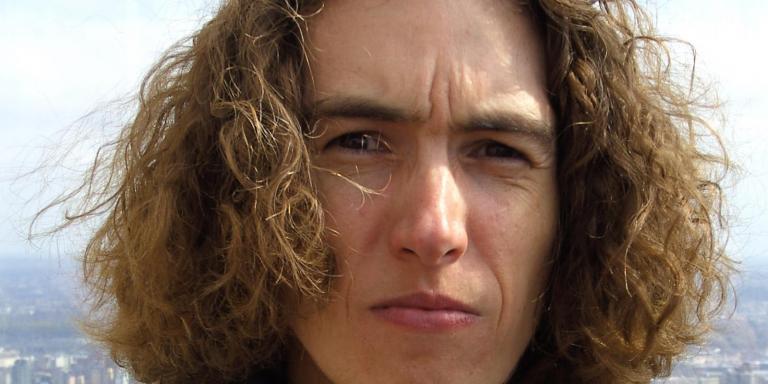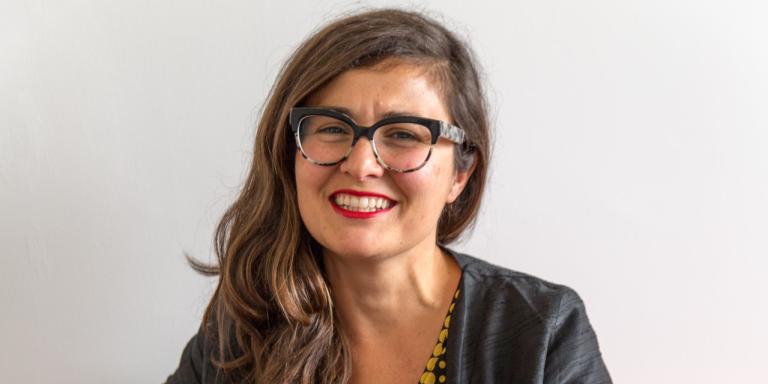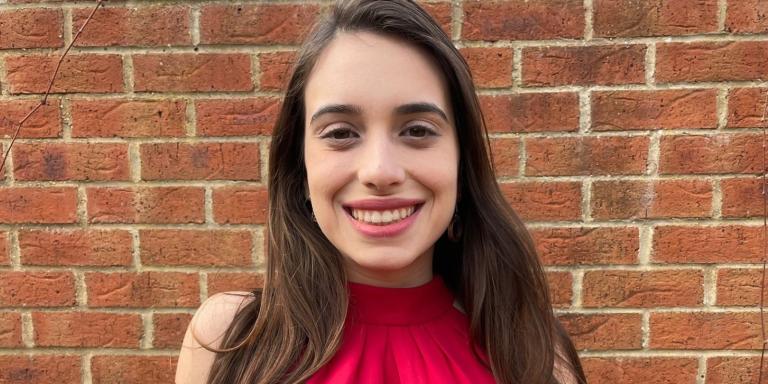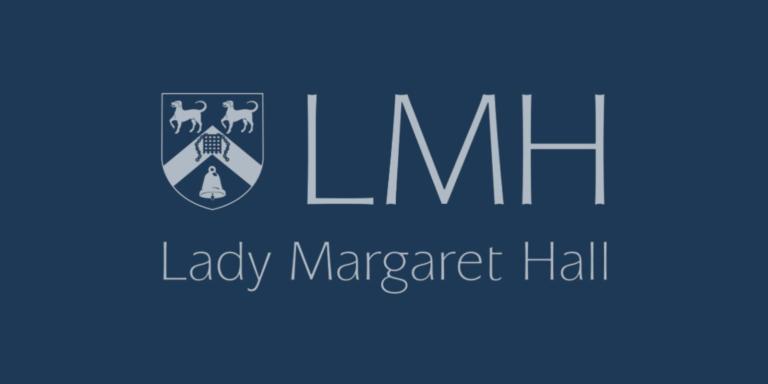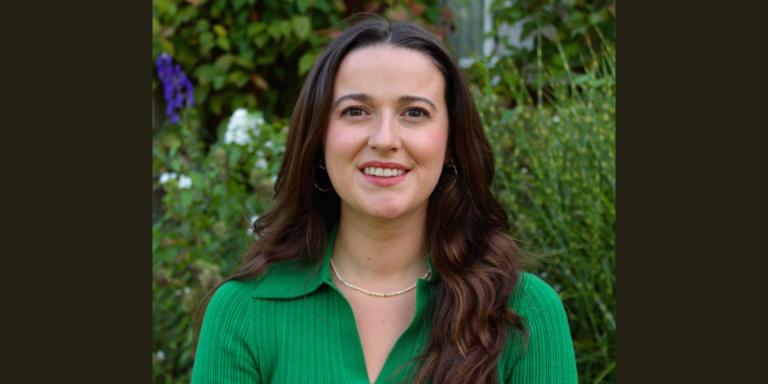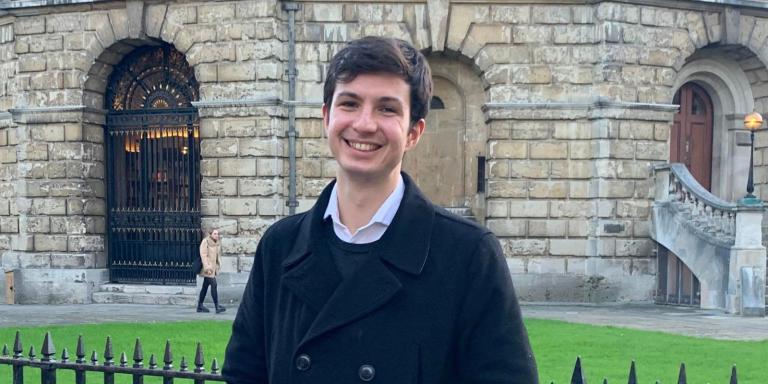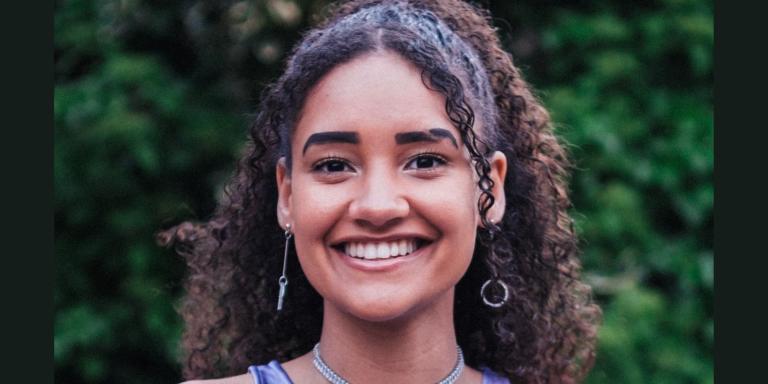Overview
Medicine at Oxford University concentrates on the scientific basis of medicine in the pre-clinical years, with the students taking a BA in Medical Sciences at the end of year 3, before the clinical years lead to a BM, BCh at the end of year 6.
Medicine at LMH
LMH takes 6 pre-clinical medical students each academic year. Together with clinical students and those doing post-graduate biomedical research, this forms a good-sized group in the College.
The major courses for the 1st BM pre-clinical course are Biochemistry and Medical Genetics, Organisation of the Body with Physiology and Pharmacology in Year 1 and Neuroscience, Pathology, and Applied Physiology and Pharmacology in Year 2. Our dedicated and experienced pre-clinical tutors teach in all of these areas. We have strong links with a number of preclinical and clinical departments.
LMH is ideally placed with easy access to the Medical Sciences Teaching Centre across the University Parks (5 minutes walk). The College has specific funds for students with extra expenses in these areas, and can, for instance, help clinical students for their elective periods, and undergraduates carrying out research projects.
Admissions requirements and course information
Candidates applying to study Medicine at LMH have to fulfil the criteria set out by the central Medical School Admissions Office (more details here).
The usual conditional offer for Medicine is A*AA in three A-levels (excluding Critical Thinking and General Studies) taken in one academic year. Candidates are required to achieve at least a grade A in both Chemistry and at least one of Biology, Physics or Mathematics. More information on other requirements, how to apply, and a typical week can be found here and here. Visit the website of the Medical Sciences Division.
All candidates are required to take the Biomedical Admissions Test (BMAT). This has to be registered for separate to your UCAS application. Further information and practice papers can be found here.
Careers prospects
Most Medicine students become practicing clinicians.
Related courses offered at LMH
What our students say
As a medic, I feel at ease to express the totally unbiased view that Medicine is the Best Subject Ever. The content of our studies is entirely relevant and applicable to real life and, frankly, people are awesome. Gaining even a glimpse of insight into how people work is truly amazing.
In my eyes, the medical degree at Oxford acknowledges and exemplifies the notion that Medicine is both a science and an art, requiring inquisition, learning and insightful application of knowledge with an underlying flair of compassion. We are incredibly lucky to be brought into regular contact with lecturers and tutors who are not only practicing doctors but also pioneering researchers (and often both at the same time).
Medicine at Oxford is split into two halves, each lasting 3 years: Preclinical and Clinical. The Preclinical course is mainly based on lectures, labs and tutorials, and is a fantastic opportunity to get to grips with the science behind human health, disease and treatments. This scientific grounding is particularly useful for anyone interested in getting involved in research in the future, but for most of us (including me) intending to become clinicians it is definitely reassuring, as well as interesting, to think that we might be able to make well-informed decisions about treatment in the future. Most people continue to study Clinical Medicine at Oxford, but some instead move to London. Either way, much of the Clinical Medicine course is hospital-based and, although there is still very much an academic emphasis, this is the part where you start to really learn how to be a doctor! IMPORTANT FACT: the clinical medics at Oxford put on a marvellous pantomime each year for charity which always features a pink elephant.
We have a great community atmosphere at LMH at every level, within and outside each subject and across all the years. There are 6 medics in each year group at LMH, and we always readily help each other out; it’s great to have a close network of support both with the people in your year and those who have already been through it. It’s great to share the medic love, but fear not, we do all have lives outside our subject too! We aim to maintain a social life no matter how many essays are thrown our way.
Iona Talintyre
